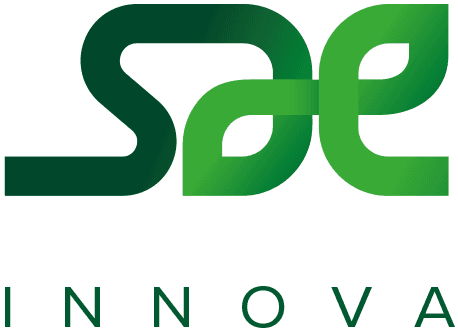

Soluciones Agrícolas Ecoinnovadoras (SAE), Credible coordinator, is a Spanish company committed to promote the sustainable transformation of food systems. It does this by building high-level, multi actor partnerships towards the co-creation of innovative, science-based products, services and business models. It uses design thinking tools and systemic approaches to help stakeholders navigate the questions, context, and implications surrounding the challenges and opportunities of our times. Through Credible, SAE will contribute to the establishment of new policies and scalable solutions for carbon farming, as well as in making scientific results more accessible to economic players and to the society at large.

Association des Chambres d’agriculture de l’Arc atlantique (AC3A) is an umbrella association for the Chambers of Agriculture of Normandy, Brittany, Pays de la Loire and Nouvelle Aquitaine. AC3A leads innovation projects focusing on agricultural issues and challenges faced by the Atlantic regions. It has established a large network of farmers, researchers, advisors and trainers for farmers, facilitators and innovation brokers for rural development, as well as local level policy makers, with whom it shares knowledge and know-how. European cooperation is central to the majority of AC3A’s activities, currently partner in a number of European projects under Horizon, Interreg and ERASMUS+ funding. In Credible, AC3A will bring its expertise in the elaboration of regional and national standards for carbon farming, supporting farmers in getting recognised for their contribution to climate mitigation.
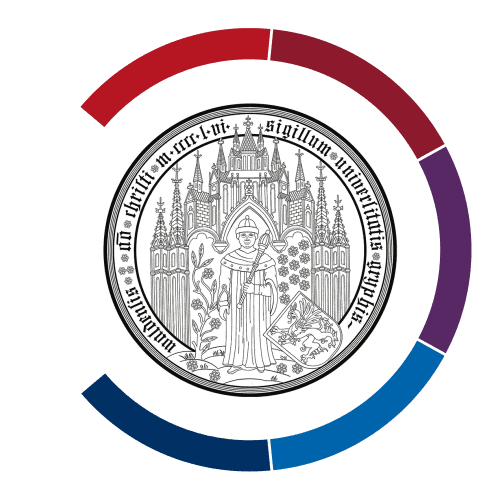
University of Greifswald (UG), established in 1456 in Germany, is a pioneering institution renowned for its expertise in peatland research. Notably, the Institute for Botany and Landscape Ecology houses the Peatland Studies and Palaeoecology working group, driving innovative research in the fields of peatland ecology, hydrology, and soil carbon fluxes. With a commitment to sustainable peatland management, the University of Greifswald actively shapes a resilient environmental future. In Credible, UG brings its vast knowledge and expertise in peatlands, so that this particular land type is recognised in the development of carbon farming policies and business models, contributing to formulate strategies aimed at reducing the carbon release rate that characterise current peatlands.

European Association of Remote Sensing Companies (EARSC) is a membership-based, not-for-profit organisation which coordinates and promotes the activities of European companies engaged in delivering Earth observation-derived, geo-information services. EARSC represents this sector in its broadest sense, creating a network between industry, decision-makers and users and covering the full EO value chain from data acquisition through processing, fusion, and analysis to final geo-information products & services. The use of Earth Observation (EO) data has the potential to improve reliability, ensure accuracy, and bring consistency to carbon removals. In Credible, EARSC is leading a task to encourage stakeholders to understand, consider and engage with the use of satellite-derived services for their internal practices related to carbon farming as a further data source.
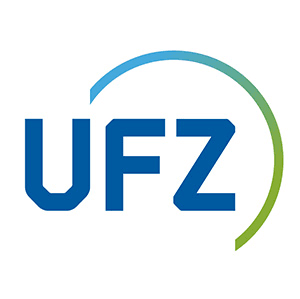
Helmholtz Centre for Environmental Research (UFZ) investigates the complex interactions between humans and the environment and develops concepts and methods to safeguard natural resources for future generations. Within Credible, eLTER (integrated long-term ecosystem, critical zone and socio-ecological research) and the Department of Monitoring and Exploration Technologies (MET) are mainly involved. MET is considered an international centre of excellence in the development and testing of methods, technologies and strategies for observing and understanding all near-surface compartments and their interactions. The emerging ESFRI research infrastructure eLTER brings in the long-term perspective and sustainability. In addition, the UFZ develops, validates and integrates multi-scale models of carbon dynamics and its interactions with ecosystems. In Credible, the UFZ aims to establish data collection networks to improve the monitoring of soil carbon fluxes. We want to investigate the role of long-term experiments in the context of soil carbon MRV systems and discuss the potential implementation of robust MRV systems at EU level as an enabler for soil data collection and sharing.

Centro de Investigación Ecológica y Aplicaciones Forestales (CREAF) is a public research centre pursuing excellence in the production and transfer of knowledge and innovation on terrestrial ecology and on effects of global change on ecosystem functioning at different geographical scales. A significant part of our research is oriented to protecting and restoring soil health, understood as soil capacity to provide crucial environmental services, including climate change mitigation, food supply and shelter for key elements of biodiversity. CREAF will contribute to the success of Credible with its expertise in monitoring the effect of land management on soil carbon content and stability, on soil biodiversity and on agricultural production. CREAF will also exploit its extensive network of contacts with key actors in the field of the academia, land management and policy making sectors and farmer and forestry associations to create strategic nexus that help making carbon farming viable at the European scale.
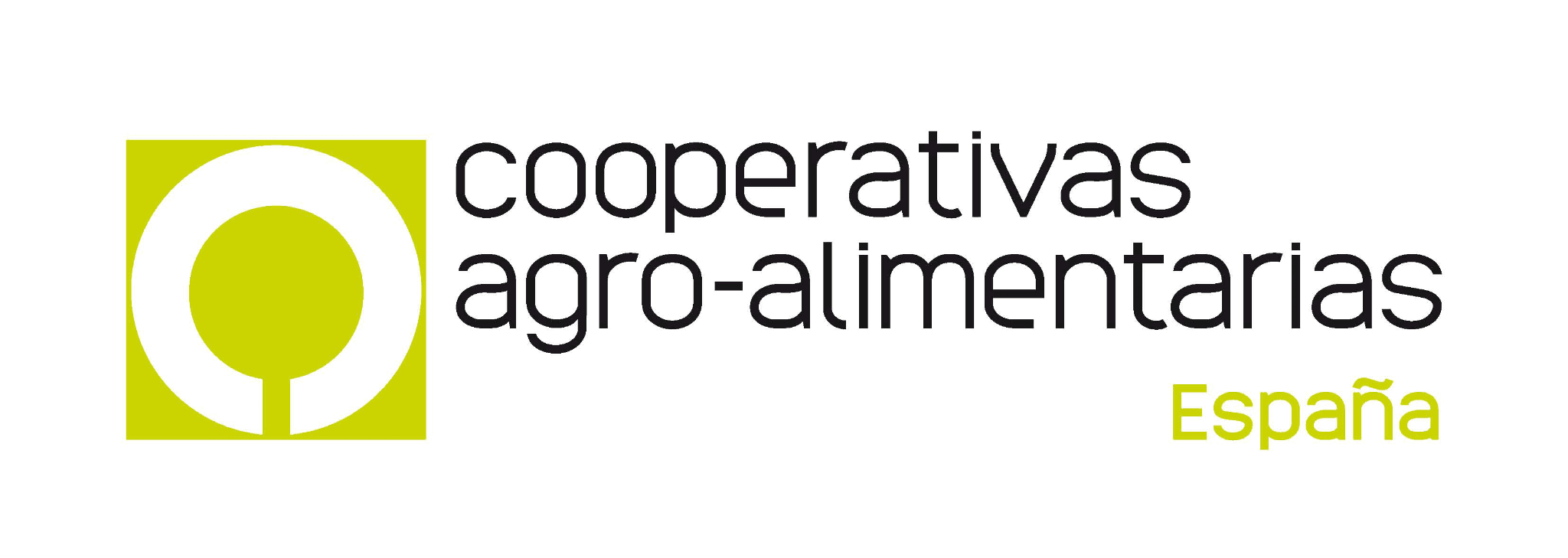
Cooperativas Agro-alimentarias de España (COOP) is the organisation that represents the agri-food cooperative movement before national and European bodies, institutions and associations related to the agri-food sector and the social economy. It brings together some 3.000 cooperative businesses, across different regions and productions. The owners of cooperatives are groups of crop growers or livestock farmers. The cooperatives would be glad to help their farmers in the transition to new practices, sequestering carbon and improving soil fertility. The implementation of these techniques could be easier if farmers have professional advisory, and the impact bigger if big groups of farmers collectively carry out. Also the cost of implementation and MRV of carbon farming will drop down using scale economies. The contribution in Credible will be to bring into consortium expectations about carbon farming from the sector and identifying barriers and levers about regenerative practices uptake.
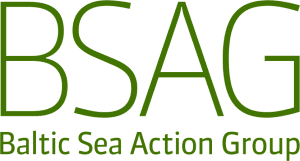
Baltic Sea Action Group (BSAG) is a Finnish private non-profit public interest organisation which works for a healthy Baltic Sea and sustainable societies with practical actions in the food system, maritime transport and in marine nature protection. Since 2017, BSAG has hosted Carbon Action, a collaborative multidisciplinary initiative to advance research in soil carbon sequestration and to promote carbon farming practises in agriculture. BSAG brings to Credible the knowledge and experience from the stakeholder community engaging food system actors from multiple sectors. This can serve as a reference for the regional carbon farming clusters and as a living lab for further testing and validation of results to support design of fit-to-region carbon farming approaches. BSAG will help the consortium to maximise the impact and European value of the Credible network and results.
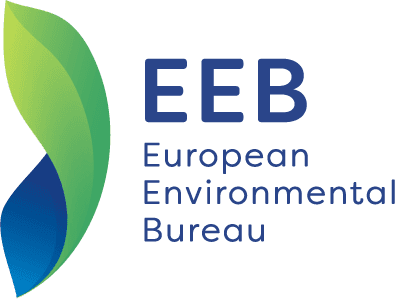
European Environmental Bureau (EEB) is the largest network of environmental citizens’ organisations in Europe. It currently consists of over 180 member organisations in 40 countries, including a growing number of networks, and representing some 30 million individual members and supporters. It stands for sustainable development, environmental justice & participatory democracy and advocates for progressive policies to create a better environment in the European Union and beyond. Established in 1974, it has wide and long-standing expertise in many areas of EU environmental and agricultural policy. In Credible, the EEB coordinates Work Package 2 on navigating and selecting carbon standards and policy instruments and leads Task 2.3, which will explore what a holistic policy package to promote the uptake of carbon farming could look like, beyond certification schemes.

Bioeconomy Cluster (BEC) of Slovakia is a network of over 100 multi actor partners, operating mainly in the agri- food sector with horizontal focus on bioeconomy and bio-based solutions. Recently, BEC has been focusing on healthy soil and carbon farming mainly through the EU Soil Mission initiative as well as other national and international projects (Interreg, Horizon 2020, Horizon Europe, COSME, etc.). The main contribution of BEC to Credible project would be to develop and validate a blueprint for stakeholder engagement and alignment, toward the development of regional, agrosystem-adapted carbon schemes. Such a blueprint will be used to inspire regional clusters, Living Labs and other multi-actor initiatives and multi-level discussions on carbon farming and sustainable food systems.
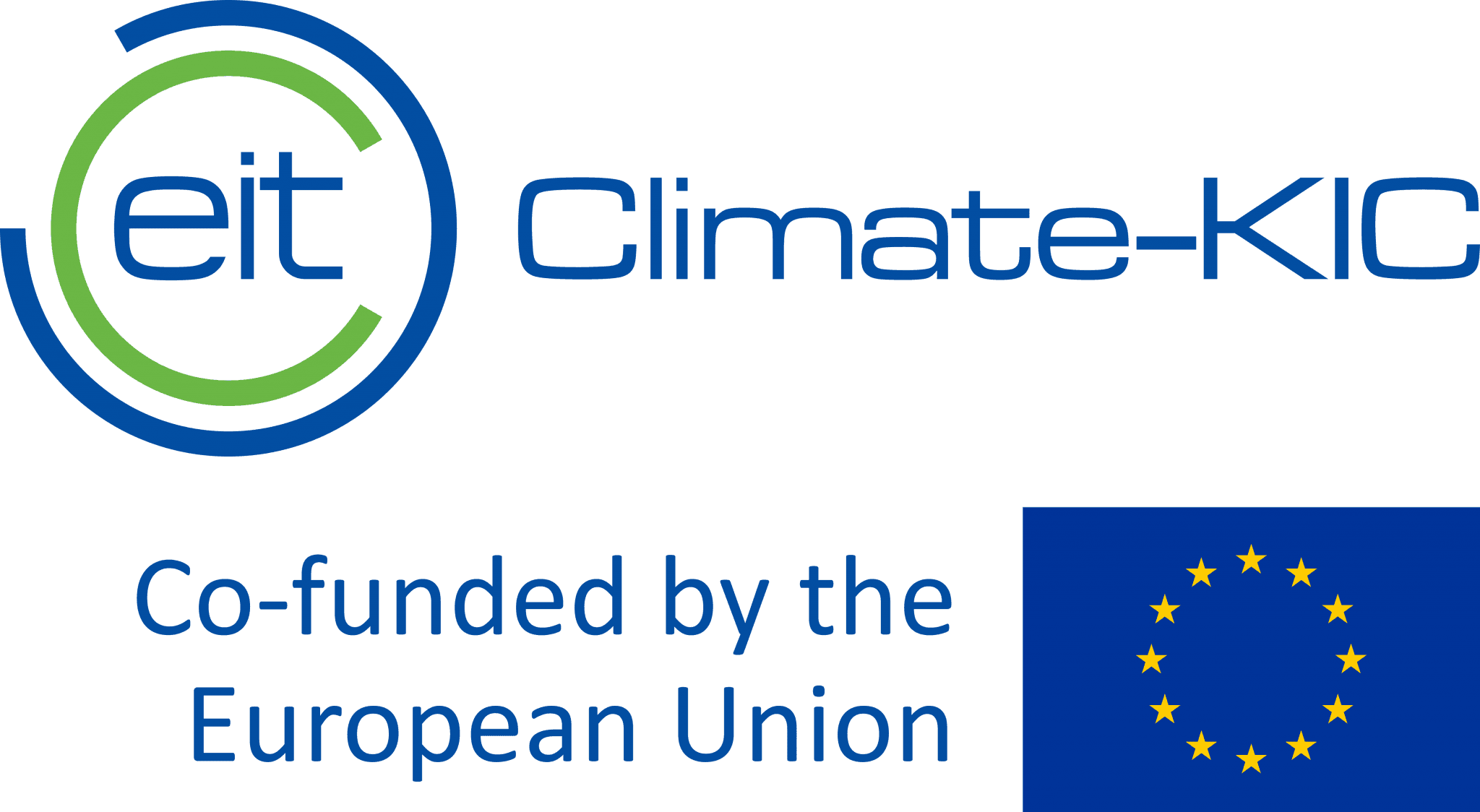
EIT Climate-KIC (CKIC) is Europe’s leading climate innovation agency and community. We use a systems approach to shape innovation to support cities, regions, countries and industries meet their climate ambitions, acting in the ‘messy middle’ between commitments and reality. Together with our partners across the globe, we implement. We open pathways to shift mindsets and behaviours, and enable decision makers and investors to act. We orchestrate large-scale demonstrations that show what is possible when cycles of innovation and learning are deliberately designed to trigger exponential decarbonisation and build resilient communities. We are prepared to utilise our experience to drive the upscale of carbon farming in the EU with the various stakeholders involved and impacted and provide insights for long-term solutions. In the Credible project, CKIC is responsible for organising the three EU carbon farming summits, in coordination with project partners, the EU Commission and the EU Soil Mission and ensuring diverse participation of key stakeholders. CKIC will also generate intelligence from the summit to feed into Credible’s future activities.
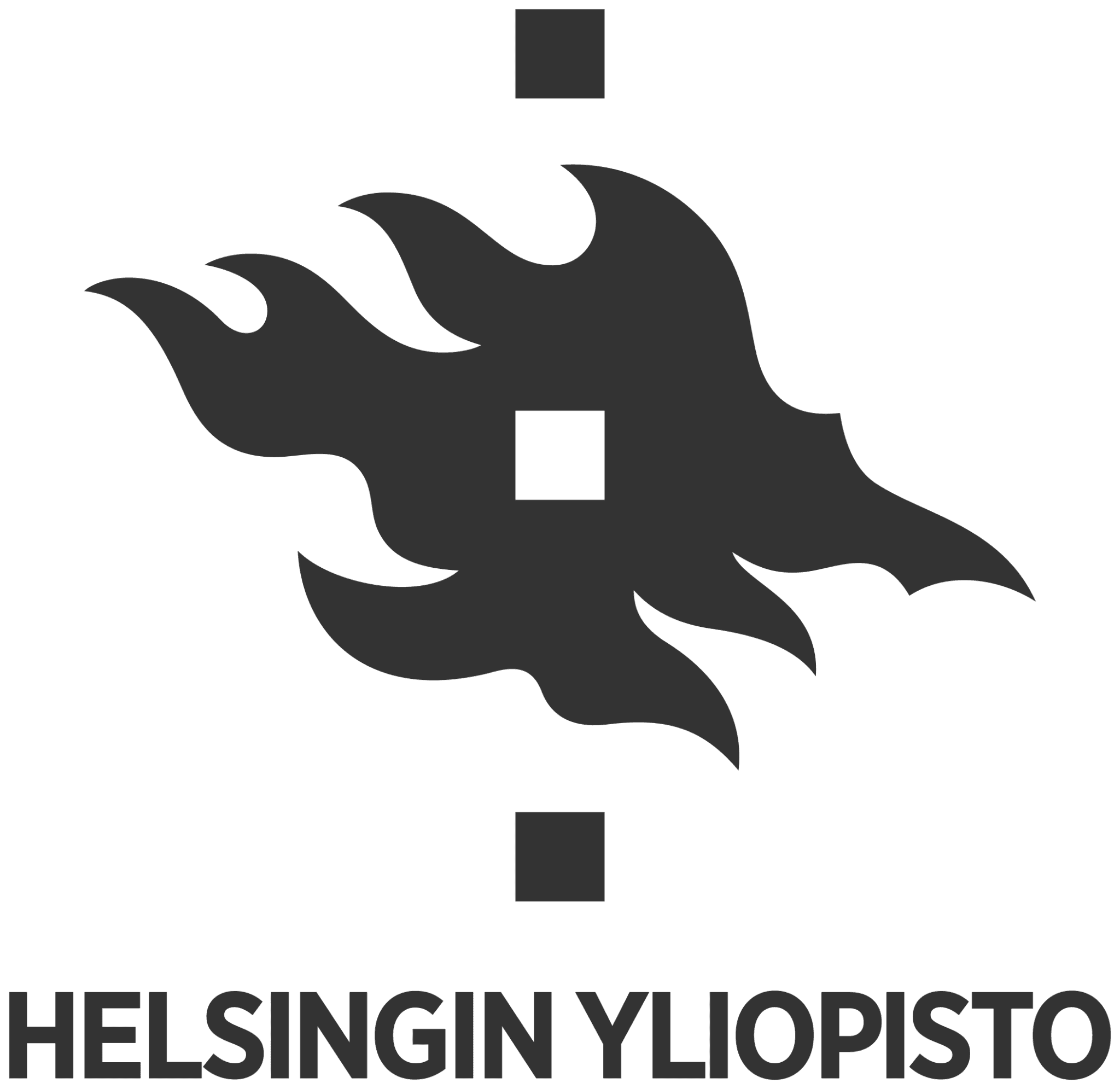
University of Helsinki’s (UH) main role in Credible is to explore proximal sensing and digital technologies related to carbon farming. UH is part of the World’s top 1% multidisciplinary research universities. At UH, experts from the Department of Forest Sciences and the Institute for Atmospheric and Earth System Research (INAR) will work towards Credible’s goals. The Department of Forest Sciences represents one of the top research fields of the University of Helsinki globally and conducts research of a high international standard related to soil sciences and carbon cycling. INAR, which connects Forest Sciences to a broader research community, performs multiscale research from the molecular to global scale and focuses on climate change, air quality, biogeochemical cycles, and ecosystem processes. The institute coordinates top-level research with high societal and scientific impact, development of world-class environmental research infrastructures, and multidisciplinary education programs and is exceptionally networked.
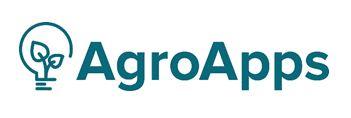
Founded in Thessaloniki, AgroApps (APPS) stands as a dynamic and innovative company, dedicated to crafting specialised agricultural and weather ICT solutions. The company is deeply committed to providing bespoke, cutting-edge technology solutions and expert agricultural consultation and climate services. AgroApps specialises in harnessing remote sensing technologies, compound algorithms, GIS, and other datasets to develop multifunctional web-based platforms, mobile applications, and other software solutions. Over the years, AgroApps has fostered numerous collaborations with public authorities and private organisations on both national and international scales. Operating globally, AgroApps thrives in diverse multicultural settings, across various time zones, and in multiple languages. In the context of the Credible project, AgroApps plays a pivotal role in spearheading the development of the Credible Knowledge Sharing Platform. The platform is designed with the overarching goal of increasing awareness, fostering connections, and pinpointing challenges associated with the establishment of carbon farming initiatives.
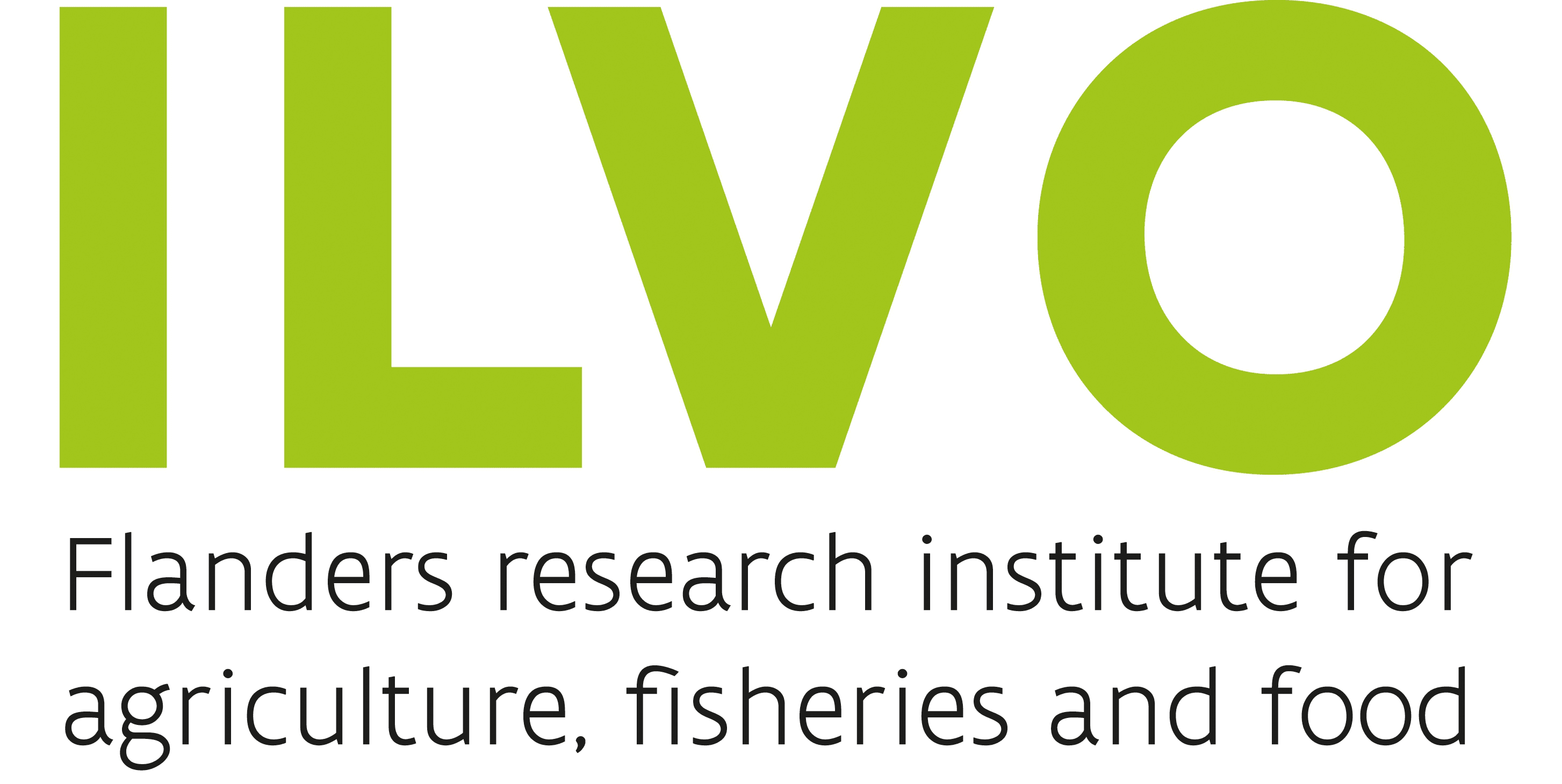
Flanders Research Institute for Agriculture, Fisheries and Food (ILVO) is an independent scientific research institute of Flanders’ Government. ILVO’s task is to generate knowledge for more sustainability in the agriculture, fisheries and agri-food sectors. ILVO’s work is strongly anchored in Flanders and from there extends across Belgium, Europe and the rest of the world. ILVO is coordinator of MARVIC, a Soil Mission project that aims to develop a framework for the design of robust context-specific MRV systems for carbon farming across Europe. In addition, ILVO is actively engaged in various projects that align with Credible’s network of network which aims to push forward multiple discussions about Carbon Farming around three main themes: which practices, what standards, and how to monitor. These projects include EJP SOIL (with internal projects such as CarboSeq, Sommit and Road4Schemes), LIFE CarbonCounts, DigitAF, SmartAgriHubs, and i2connect. Within Credible, ILVO is leading Task 3.4 on how long-term monitoring sites could support robust MRV systems and is also contributing to other tasks in WP3 (Monitoring capacities) and WP4 (Networking and communication).
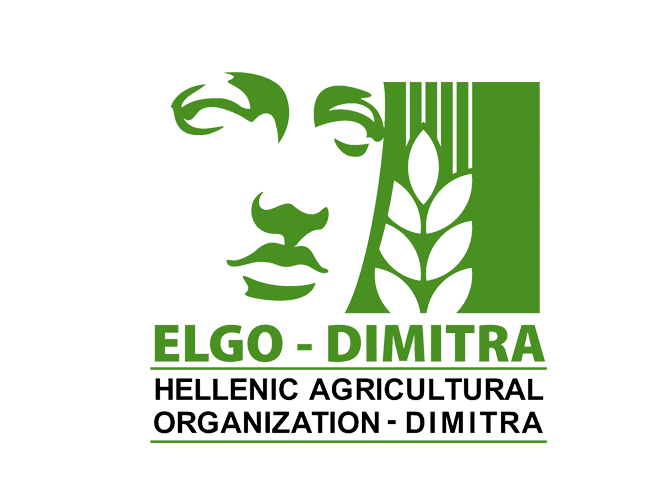
Soil and Water Resources Institute is part of ELGO-DIMITRA, founded in 2014 by the Greek Ministry of Rural Development and Food to design and support actions aimed at the modernization and development of the country’s agricultural sector. SWRI is oriented on the implementation of technological solutions for environmental modelling and monitoring with the scope to support agricultural soil and water management and policy, good agricultural practices planning and implementation, environmental impact and climate change impact assessment in agriculture. Within Credible, ELGO will work on a methodology to potentially solve the conflict between private and public interests as it emerges from the implication of GDPR on soil data. Therefore, ELGO will mostly contribute on how to harmonise public and private soil datasets, and, being a national agricultural research council, will also contribute to the identification of best practices in the broadest possible pedoclimatic context.
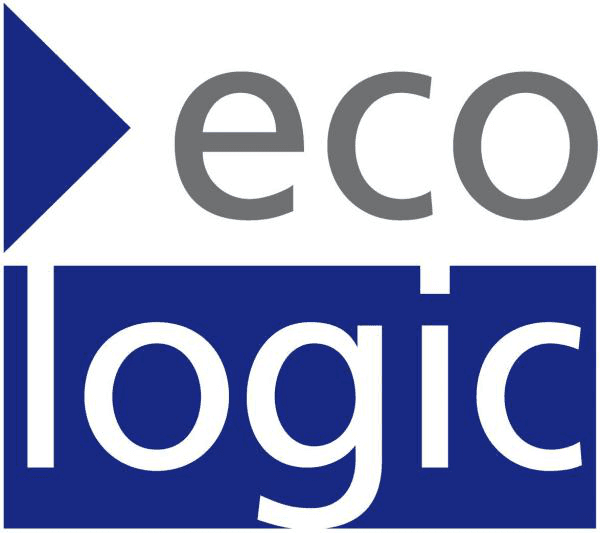
Ecologic Institute is a private not-for-profit organisation specialising in applied environmental research, policy analysis, and consultancy. Based in Berlin, Germany, Ecologic Institute has expertise in a broad range of environmental policy areas, including climate change, land management, and nature-based solutions. Ecologic Institute has contributed to EU policy discussions on carbon farming, including projects reviewing carbon farming methods and standards, evaluating market-based approaches to soil management, integrating climate considerations into EU land policies, and actively engaging with stakeholders in climate governance. Ecologic Institute's work in Credible focuses on establishing minimum standards for carbon farming. Drawing on experience from existing carbon farming methodologies and carbon markets, Ecologic Institute will lead a focus group on environmental integrity. Ecologic Institute also supports Credible discussions on policy interactions and recommendations.
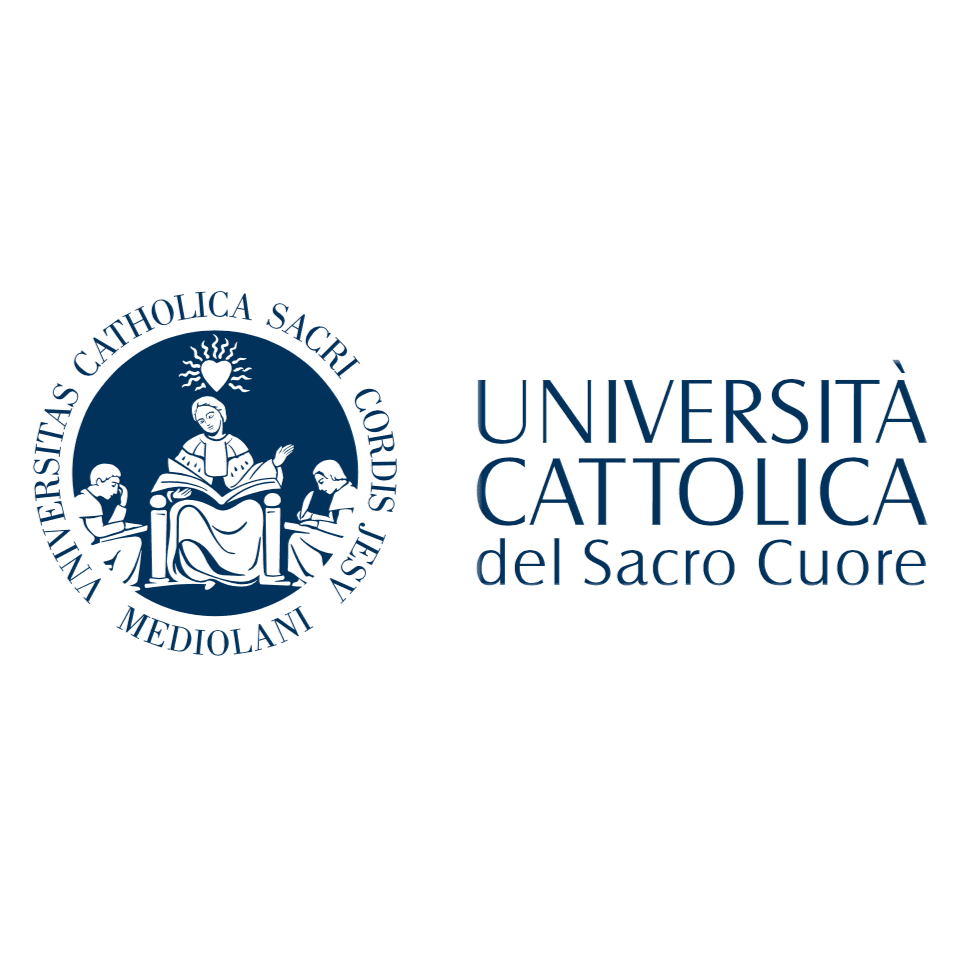
Università Cattolica del Sacro Cuore (UCSC) is the largest Italian free academic Institution and holds a significant place in European tradition as a seat of cultural development. This project will involve the Agronomy and Field Crops group from the Department of Sustainable Crop Production (DIPROVES). In Credible, UCSC will be responsible for animating the discussion of the Focus Group 1.2, which will generate recommendations to overcome current limitations of soil carbon removals, related to the following topic “How to measure the economic value of Soil Organic Matter in support of carbon farming?”. In recent years, UCSC groups have participated in several national and international projects, each with a core focus on re-evaluating conventional agricultural methods and shifting towards the deployment of regenerative and digital farming solutions able to achieve sustainability, soil fertility and climate goals. To enable their large-scale applications, UCSC is currently working on developing and validating the next generation scalable, robust, and cost-effective methodologies to monitor, verify and report for carbon removals, plant productivity and soil health improvements in cropping systems.
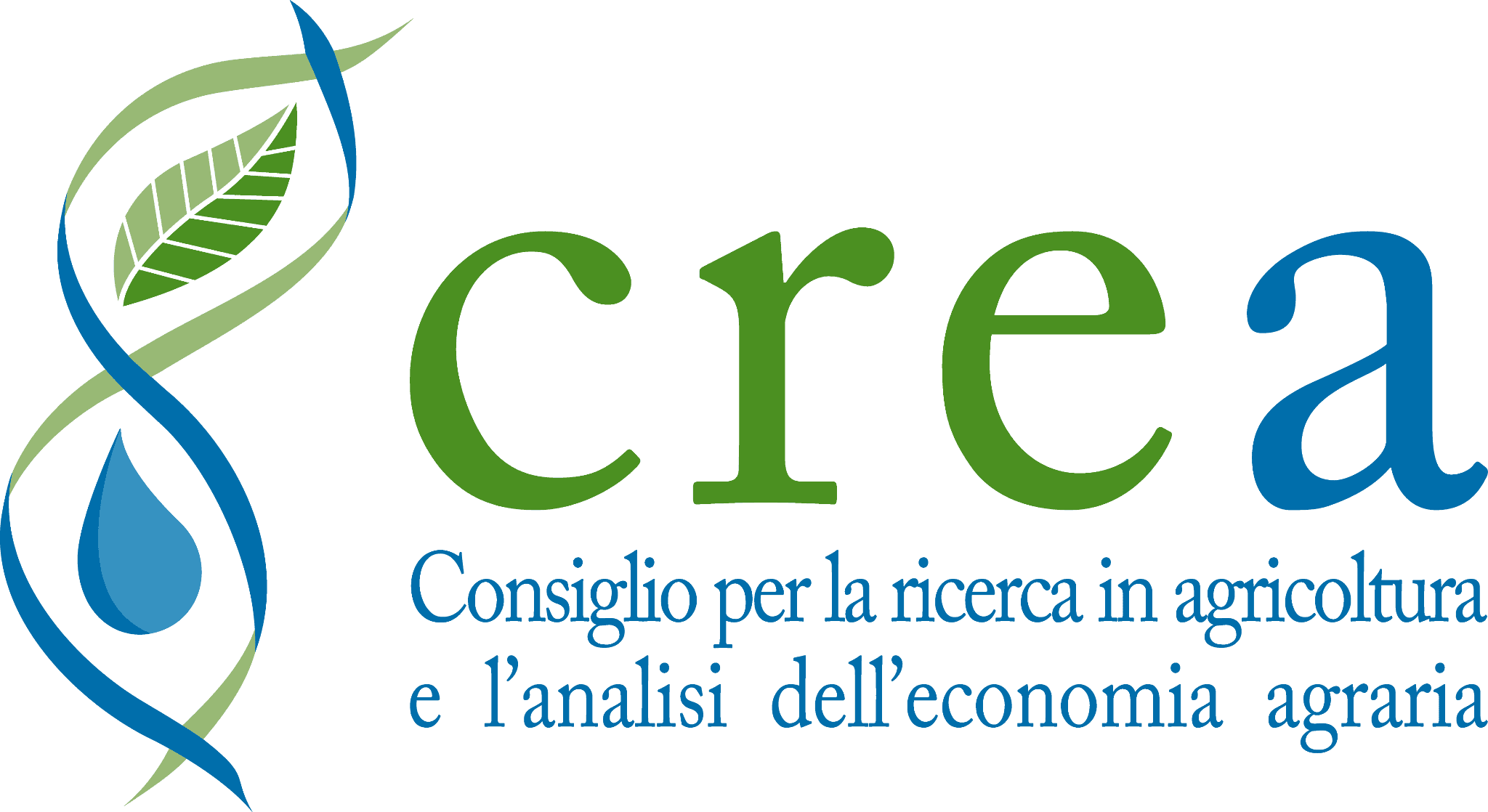
CREA, the Council for Agricultural Research and Economics of Italy, is a public research Italian institution which operates under the supervision of the Italian Ministry of Agriculture, Food Sovereignty and Forests (Masaf). It operates through 12 research centers among which the Agriculture and Environment Center, which conducts studies and research on agricultural and forest ecosystems for their characterization and space-time modelling through an inter- and multidisciplinary approach, with the aim of supporting their sustainable management. CREA holds the national soil database and is the institution which acts for Italy inside the International Network of Soil Information Institutions of the FAO Global Soil Partnerships. CREA is leading, under the EJPSOIL H2020 programme, the activities of the working package 6, which has the objective of supporting hamornised soil information and reporting. CREA is partner of SoilWISE and MRV4SOC soil mission projects. Under Credible, CREA is leading the Focus Group (FG) 3.1: How to harmonise public and private datasets for mapping and monitoring soil carbon dynamics?

Institute for Climate Economics (I4CE) is a non-profit research organization that provides independent policy analysis on climate change mitigation and adaptation. I4CE promotes climate policies that are effective, efficient and socially-fair. 40 experts engage with national and local governments, the European Union, international financial institutions, civil society organizations and the media. For many years, I4CE has been developing expertise in carbon certification for agricultural and forestry projects, expertise that has led to the adoption of the Label Bas Carbone in France. Today I4CE is contributing to the development of a European certification framework that is both ambitious and pragmatic, through its active participation in several European projects that provide food for thought, and through its involvement in the expert group assisting the Commission in drafting the methodologies. In Credible, I4CE is leading alongside AC3A a technical Focus Group about the levels of governance. With the issue to link the European certification framework with existing regional, national, and international standards.

European Conservation Agriculture Federation (ECAF) was founded in Brussels on 14 January 1999 as a non-profit international association under Belgian law. It is conceived to promote all issues related to the conservation of agricultural soils and their biodiversity in the context of sustainable agriculture. ECAF is not involved in any commercial products, equipment and/or trademarks. ECAF brings together nineteen national associations that promote to farmers, industry, policy makers and other European stakeholders the adoption of the Principles of Conservation Agriculture (Continuous no or minimal mechanical soil disturbance, Permanent organic soil cover, Diversification of crop species grown in sequences and/or associations) and the benefits that provide, such as: reduced soil erosion by water and wind; improved soil organic matter content; improved biodiversity; improved soil health; improved economic performance such as increased farm competitiveness and profitability of crop production; and improved carbon sequestration rates. The aims of ECAF are: (i)To contribute to the positioning, knowledge and understanding of CA at a European level; (ii)To promote the collaboration between national/regional CA organisations and the CA-CoP in the sharing of best practices, learnings, research, methodologies, and the transition pathway of farmers from conventional towards CA; (iii)To promote information to farmers, agrarian technicians and society in general, about the techniques that make it possible to conserve agrarian soil and its biodiversity, in the context of sustainable agriculture; (iv)To encourage the development, teaching and investigation of any aspect related to Conservation Agriculture and the biodiversity of agrarian soil; (v)To develop all kinds of activities and programs, as mentioned hereafter. (vi)To provide decision makers of all levels with adequate information on CA.

European Agroforestry Federation (EURAF)'s objective is to promote the adoption of agroforestry practices throughout Europe. These include all forms of association of trees and crops and/or animals, in, on or around agricultural or forestry parcels. EURAF's Mission is to “ensure that there is at least 10% tree crown cover on grassland and cropland in all European regions by 2040” - and this will be achieved by supporting efforts to develop awareness, education, research, policy-making and investments which foster the use of trees on farms. With offices in Montpellier (HQ) and Brussels (EU office), EURAF has more than 500 members and a network of 28 Affiliated Entities in 20 EU countries and 5 outside the EU. We work closely with European institutions, policymakers, and agroforestry stakeholders to drive positive change in the agroforestry sector. In Credible, EURAF's role is to contribute to consolidating the knowledge and evidence on the best management agricultural, agroforestry and forestry practices to capture and store carbon in soils, and to develop a framework to present this information.